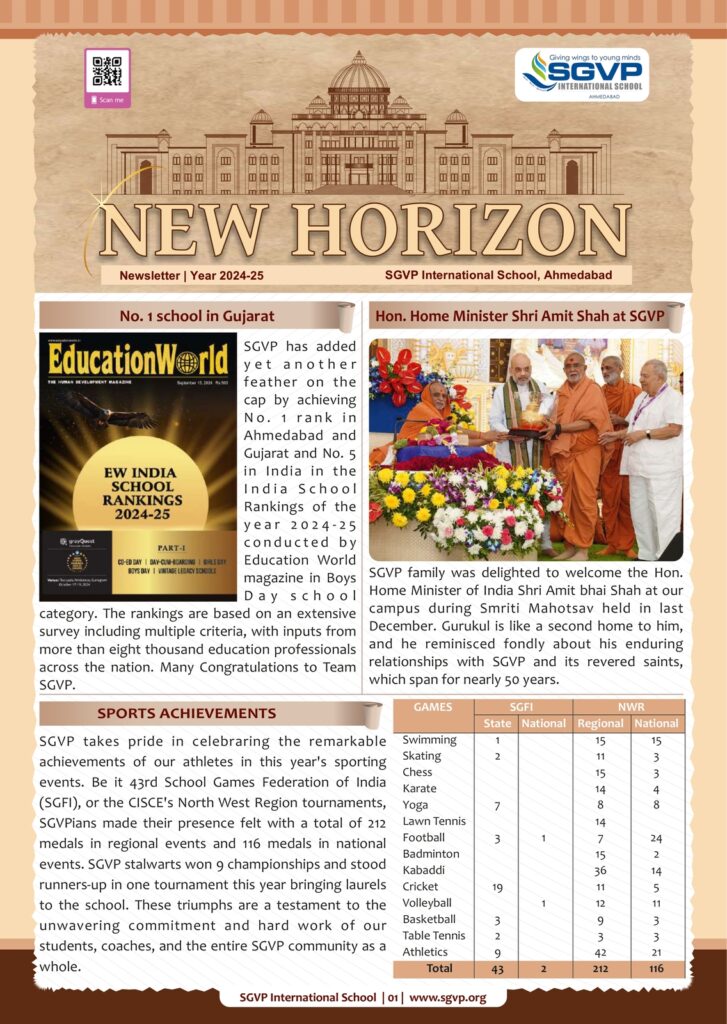WHAT IS EXAM STRESS?
Stress or feeling of pressure experienced by students during the exam time.
WHERE DOES THIS EXAM STRESS COME FROM?
- Pressure for getting good marks
- Being poorly prepared
- Bad experience in a previous exam
- Comparison with others
- Fear of being ridiculed by friends, siblings, teachers
SIGNS OF STRESS

Nine Tips to help FIGHT EXAM STRESS!
PLAN YOUR STUDY TIME
Organize your study time into three periods of around 150 minutes each wherein each study slot is followed by a short break. It is a good idea to target difficult subjects first, howbeit, each child is different and so is his learning style.
The idea is to understand what works best for one’s body and mind and accordingly schedule study hours. For instance, not every child can best utilize morning time to study and it could be possible that during night hours, they are able to focus better.
HAVE A BREAK, HAVE A KITKAT!
Having short meaningful breaks to unwind yourself is essential and helps enhance productivity. For instance, Kabir’s time out could be having a nice omelette toast while Sunanina’s happy break could be a brief dance workout. One must choose those breaks that lighten up one’s mood and create a feeling of happiness.
PLAN YOUR REVISION
One must set aside plenty time for revision as research on memory & learning show that regular revision helps in retaining large chunk of information for longer duration.
Interviews with subject toppers show that planning answer outlines for key topics of every subject and rehearsing it helps them in attaining good scores!
PREPARE ANSWER OUTLINES
An extremely effective study technique is to frame answer outlines for all the key questions. A good outline contains bullet points of the concepts to be explained when one writes the answer. The answer outline serves as a lead and helps us in being prepared for exams. An example of answer outline to the question “Discuss the impact of stress on children” is given.
CHECK S-E-L-F (Sleep – Eat – Laugh – Free)
Research shows that sleep significantly impacts learning and memory; ergo, 6 to 8 hours of sleep is indispensable part of a healthy lifestyle. Having a healthy diet is equally important as copious amounts of junk food make you dull and lethargic.
Having a good sense of humor is an essential life skill that can significantly improve your physical and mental health. One must laugh often and take things lightly. Learn to let go of things as overthinking never helps!
ENGAGE IN POSITIVE SELF-TALK
Our thoughts are strongly connected to our emotions. When we think positive thoughts, we tend to feel happier! So speak aloud positive statements about yourself every day. These positive statements about self are called ‘Positive Self-Affirmations’ and is a powerful technique to enhance our mood and self-esteem.
POSITIVE SELF-AFFIRMATIONS
- “I can & I will”
- “Everything is possible!”
- “I love and accept myself”
During the exam time, while starting the paper, tell yourself, “I know the answers, and I will write to the best of my capacity”.
TALK-SHARE-EXPRESSS
Talk openly about your fears and concerns with people you can trust. Share your aspirations and goals with your parents. Share what you expect from them and at the same time also try to understand their expectations.
Having a good social support helps in alleviating our stress levels. When we are able to communicate freely about our feelings, we feel at peace.
BUILD RESILIENCE
Resilience is the ability to cope up with daily challenges and difficulties in life. Building one’s resilience is a continuing process and involves learning essential skills. Having confidence in one’s abilities and to be able to think positively about situations and oneself helps immensely in overcoming negative events.
Being rigid can at times prevent us from moving ahead, hence being flexible in our approach helps reducing negative experiences. It is sometimes necessary to let go of things that are not in your control.
TIME MANAGEMENT: PLAN YOUR 24 HOURS
The Eisenhower Method
“What is important is seldom urgent and what is urgent is seldom important.”- Dwight D. Eisenhower
Tasks that are important as well as urgent must be done right away, activities that are important but not urgent need to scheduled and matters that are neither urgent nor important need to be eliminated from our lives.
By implementing these strategies, we can successfully fight negative stress and overcome any obstacles that come our way. Hard work coupled with a positive mind set and calm approach, is the secret ingredient to success!
Did you like this article? Let us know, it would be our pleasure if you share your feedback, comments and suggestions with us. Follow the blog or our Facebook Page to receive regular updates of such articles.
Follow us on: https://www.facebook.com/SGVPInternationalSchool/
Learn more about SGVP at: http://www.sgvp.org






